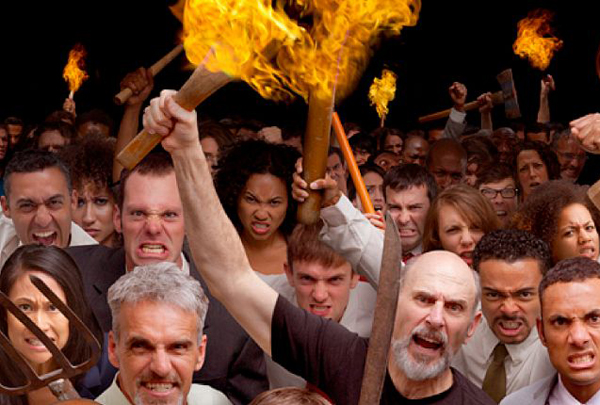I’m amazed at how much people are hurrying to express their authoritative opinion when they hear about something extraordinary or not so extraordinary, begin to judge people with the stereotypes they have at their disposal, to glorify them, or to criticize. The “tactical” deficiency of hasty judgments is that they are variable by 180 degrees.
Do you remember that trees were cut in front of the Davtashen pool? The photo was published, which gave rise to a fuss, the cutter was arrested, but the fuss was so intense, that people were calling for shooting, and burning the tree cutter person, instead of arresting. Later the trees sprouted, and it turned out that the trees were deeply pruned, and the same “emotional people” exclaimed with the same enthusiasm: “Why is this poor man, the father of three underage children, arrested?”. The emotion thus hinders, although they are positively perceived by a part of the public, especially when combined with mourning about the “collapse of the state”.
When the young man put the knife on a girl’s neck and demanded hostages, the first reactions were: drug addict, monster, serial killer (the most shocking was the absurd rumor about having killed 5 Mexicans in the US). A week after it became clear that his behavior was explicable, actions-acceptable, some say even nice, that he is a hero, a fighter of justice. Both extremes are unacceptable, but as the young man was killed (and its legitimacy, by the way, raises questions), I would prefer not the classic “golden average”, but a slight deviation to the “positive” towards that person.
Two days ago a terrible accident took place in Avan, which was presented in all terrible details. And again the first reaction was hasty and emotional: “strictly punish the Hammer driver”, “Oh, those rich people”, “of course, he will remain unpunished”, etc. Then it turned out that the Hammer driver was not that guilty. Perhaps he should have driven slower, and another driver was arrested, about whom I still do not want to write in the accusation style. First, there is a presumption of innocence, second, which is more important, none of us is the judge of another.
When we see a child doing something wrong or dangerous, we stop him, restrict his freedom of action, rather than filling up with hatred towards him. The target should be the action, not the person. Usually, people’s reaction is the opposite: to hurt the person, to address him an accusatory or insulting phrase. Thus, the defect, the offense, and finally the crime is not eradicated. Of course, you can get rid of the person, but what’s the use of it?
Aram ABRAHAMYAN




















































